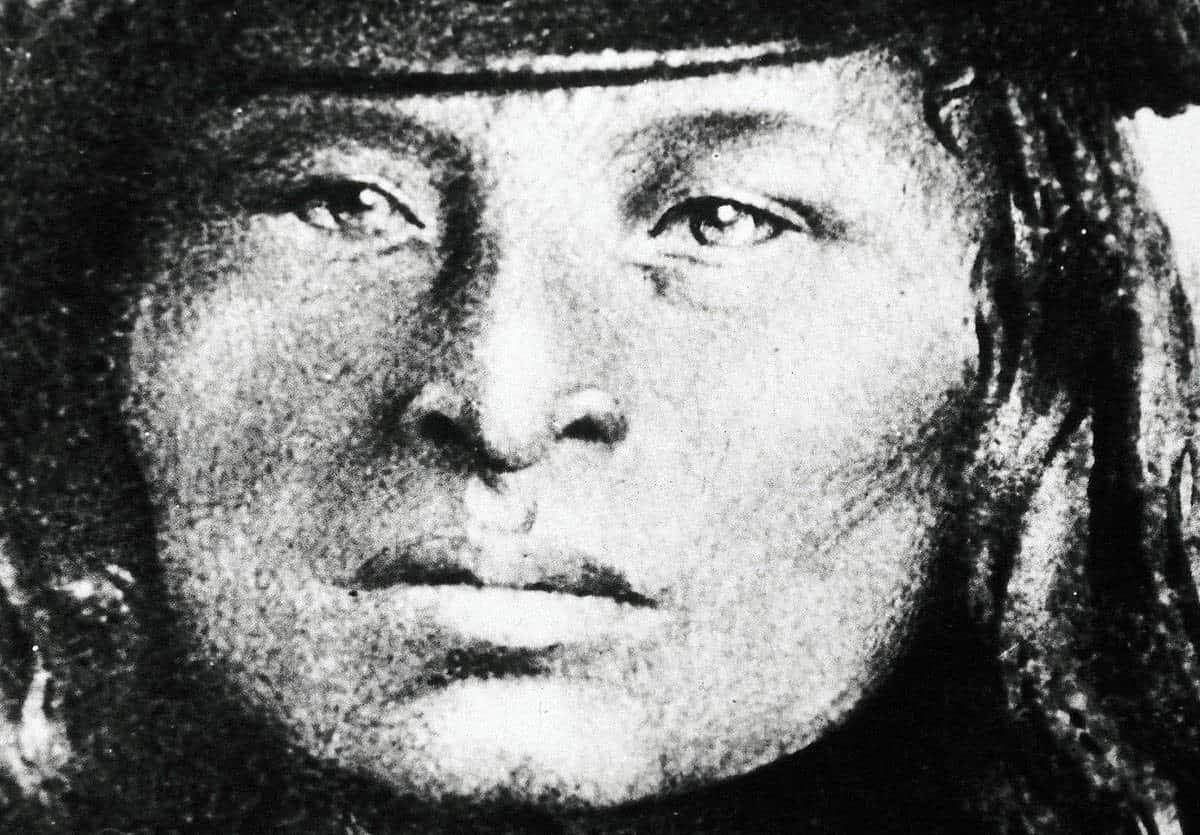
Treaty of Point Elliott 165 years later
Last month was the 165th anniversary of the signing of the Treaty of Point Elliott signed between Governor of Washington Territory and 82 different tribal leaders, including Lummi Chief Chow-its-hoot. This is the lands settlement treaty between the United States government and the Native American tribes of the greater Puget Sound region in the recently formed Washington Territory (March 1853), one of about thirteen treaties between the U.S. and Native Nations in what is now Washington,
According to Wikipedia, “The treaty established the Suquamish Port Madison, Tulalip, Swin-a-mish (Swinomish), and Lummi reservations. The Native American signers included Suquamish and Dwamish (Duwamish) Chief Seattle, Snoqualmoo (Snoqualmie) and Sno-ho-mish Chief Patkanim as Pat-ka-nam, Lummi Chief Chow-its-hoot, and Skagit Chief Goliah. The Duwamish signatories to the Point Elliott Treaty of 22 January 1855 were si’áb Si’ahl as Chief Seattle, and Duwamish si’áb Ts’huahntl, si’áb Now-a-chais, and si’áb Ha-seh-doo-an. The treaty guaranteed both fishing rights and reservations. Reservations were not designated for the Duwamish, Skagit, Snohomish, and Snoqualmie peoples.”
Learn more about this important event in our region by watching this informative video featuring interviews with Lummi tribal leaders. It’s 25 minutes long and worth watching to learn more about our indigenous neighbors, their long tenure on the Salish Sea and their perspectives on the promises made between the US government and their sovereign nations a mere six generations ago.
Also, the original treaty has returned to the land where it was signed — on loan from the National Archives in Washington, D.C. for six months — and is on display at the Hibulb Cultural Center on the Tulalip Indian Reservation, one of the reservations established by the treaty. Read more at www.heraldnet.com.
top photo: Chief Pat-ka-nam of the Snoqualmie and Snohomish tribes was one of the signatories of the 1855 Treaty of Point Elliott, which confined the Indians to Tulalip and other Puget Sound reservations. (Everett Public Library)

